World Standards Day honours the value of standards and those that make them
October 14 marks World Standards Day. This day was established in 1970 to recognise the efforts of the thousands of experts who develop voluntary standards within standards development organisations.
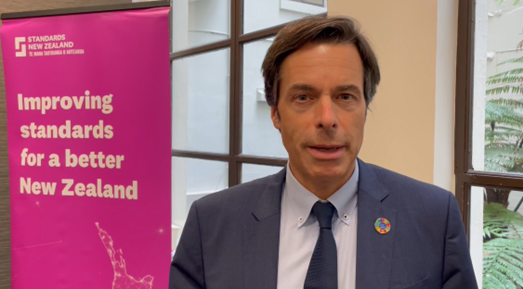
IEC Secretary General Philippe Metzger
Led by leading international standardisation organisations, the International Electrotechnical Commission (IEC), International Organization for Standardization (ISO), International Telecommunication Union (ITU), World Standards Day also aims to raise awareness amongst regulators, industry, and consumers as to the importance of standardisation to the national and global economy.
“This work makes a real difference and empowers economies and societies. We would not be able to do any of that without the many thousands of contributing experts” says Philippe Metzger, IEC Secretary General (above).
Your national standards body
Standards New Zealand is New Zealand’s national standards body representing national interests in international standards development and helping to develop joint Australian and New Zealand and domestic New Zealand standards.
The value of standards – and the efforts and consensus agreement of those behind creating them – stretches across multiple billion-dollar industries, and yet the documents, their guidance, and technical specifications within, remain largely unseen.
From the moment you wake in the morning and flick the kettle on, to your journey and activities throughout the day, standards underpin much of what you interactive with. They set the benchmarks and specifications for health and safety, provide interoperability so things work and can enter markets, they shape change so you can trust innovation and new technologies, and they bring efficiencies so businesses can get on with doing things the right way. Standards protect you both online and offline. They benefit you as a consumer, they benefit the industries you work in and buy from, and they benefit New Zealand.
Why do standards matter?
Don’t just take our word for it on the value of standards development. Some of our dedicated committee members share why standards matter to them and their industries and why getting involved in making them benefits everybody.
“We know that global challenges are best addressed by global collaboration. New Zealand has the opportunity to not only contribute globally to the development of third-generation farming standards but also to benefit from them. One of the most valuable benefits being better interoperability right across New Zealand’s agrifood value chain.” Kenneth Irons, farming technology businessman and NZ representative on international smart farming Strategic Advisory Group.

Kenneth Irons, agritech expert and smart farming committee member
“I’ve used standards a lot across my career, and in the last week used three standards; AS/NZS 5050 Managing disruption-related risks, ISO 31000 Risk management, and the guidebook that goes with that. Diverse organisations and professionals benefit from using standards because they set an acceptable level of practice. They aid and build a common understanding and they help to apply approaches that leading professionals in the field consider good practice. When it comes to risks, there are a lot of different risks, and the standards I mention can be really useful to strengthen an organisation’s resilience, understand its risk tolerances, and take advantage of opportunities with greater confidence. I like to think of them as a way to better enable smart decision-making.” Kristin Hoskin, convenor for New Zealand’s committee on risk management.
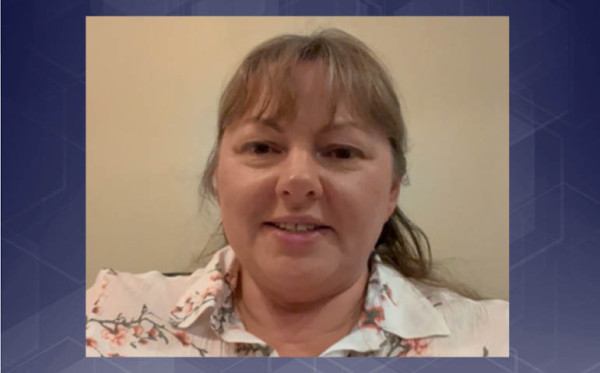
Kristin Hoskin, convenor for New Zealand’s committee on risk management
“We’re currently working to update one of the main construction standards NZS 3604. I think standards development work is really worthwhile as the standards provide tried and tested and trusted solutions for so many of the materials and methods that we use. They are an important resource, not just for my profession but for the whole construction sector. Development committees work to keep the documents up to date and fit for purpose. By volunteering, you can help ensure that the standards you rely on continue to work for you and your profession in the future and it’s a great way to meet and work with some really amazing people too”. Liz Ashwin, construction standard committee member.
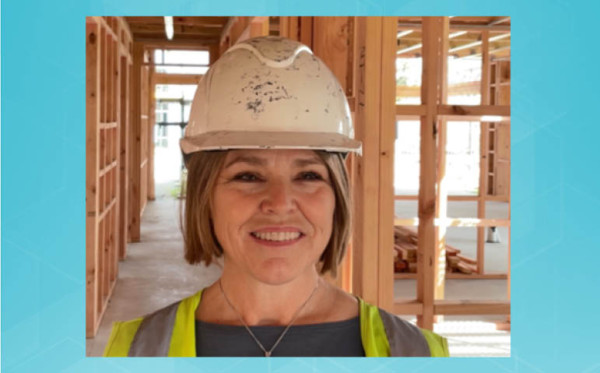
Liz Ashwin, construction standard committee member
“I’m a lecturer with Massey University School of Built Environment. The last standard I worked on was NZS 20086 which considers the energy performance of lighting in buildings. Standards are at the heart of what we do in the construction industry and being part of a standards committee means that I’m up to date with the latest developments.” Susan Mander, Lecturer, and lighting standard committee member.
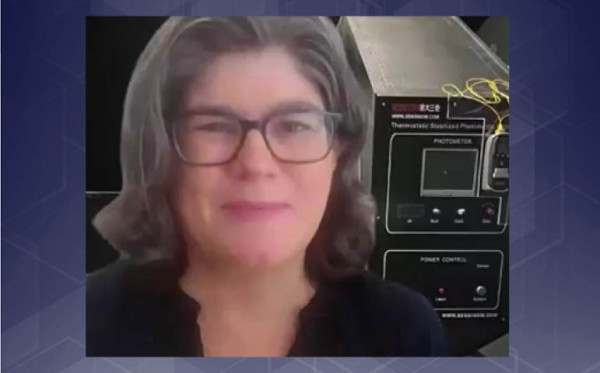
Susan Mander, Lecturer, and lighting standard committee member
“I use standards every day in my work to help clients identify and manage explosion hazards in their industries. Standards are critical in this work to help ensure that we keep people and the environment safe. Standards also facilitate international trade and improve energy efficiency and the interoperability of the systems that you use every day.” Tom Brennan, electrical and controls engineer, IEC Young Professional and committee member.

Tom Brennan, electrical and controls engineer, IEC Young Professional and committee member
"I'm the convenor for the committee for the standards that help organisations develop greenhouse gas mitigation activities and adapt to the effects of climate change. These standards developed by the international standards organisations are used by both the private and public sector in New Zealand including the carbon neutral government programme. The New Zealand mirror committee includes scientists, verification practitioners and industry representatives. Participation in the international working groups enables us to provide feedback to ensure final versions of the standards will be fit for purpose in New Zealand. Ngā mihi nui to those who develop and use these standards." Dr Ann Smith, convenor of environment-related standards committee.
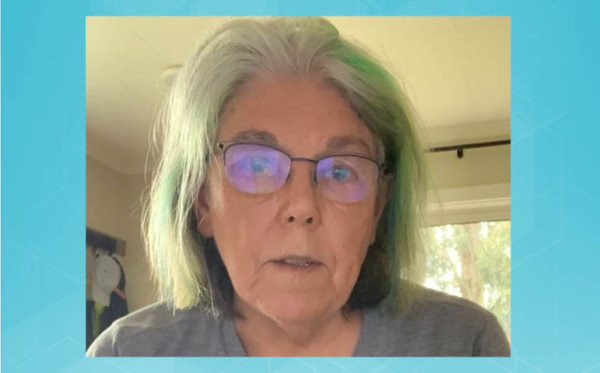
Dr Ann Smith, convenor of environment-related standards committee
Standards New Zealand is here to help industries and government develop and integrate good practices. We provide the gateway for representation on international standards and can help develop New Zealand specific standards and good practices. Find more information, including how to get in touch, on our website. Happy World Standards Day
